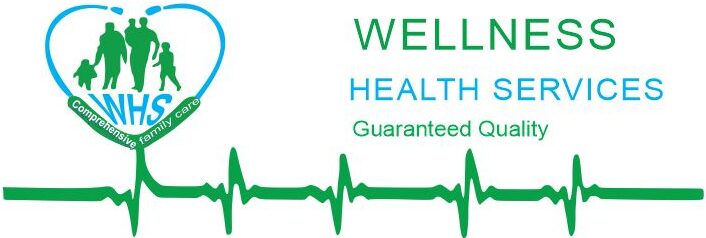Imagine waking up one morning to a phone call that changes everything.
One sentence.
One diagnosis.
And suddenly, life feels divided into before and after.
That’s the reality for millions of people each year who hear the words:
“You have cancer.”
In that moment, it’s not just your body that’s affected — your mind, heart, and soul are thrown into uncharted territory. Fear, confusion, anxiety, sadness… they all hit at once. If you or someone you love is facing this journey, know this: you are not alone, and there is a path forward.
Why the Emotional Impact Matters
A cancer diagnosis is more than a medical condition — it’s an emotional earthquake. Studies show that up to 50% of newly diagnosed cancer patients experience significant distress (Hughes et al., 2024). Left unaddressed, this emotional toll can affect treatment adherence, recovery, and overall quality of life.
Common emotional responses include:
- Shock & disbelief – “Is this really happening to me?”
- Fear – about treatment, pain, and the future.
- Anxiety & depression – uncertainty can feel overwhelming.
- Guilt – “Did I do something to cause this?”
- Isolation – feeling that no one truly understands.
Evidence-Based Ways to Cope
Researchers and psycho-oncology experts agree: emotional healing is just as important as physical treatment. Here are proven strategies from recent studies:
- Seek Support Early
Family, friends, and cancer support groups are lifelines.
In Ghana, patients reported that family bonds and spiritual faith were their main coping pillars during treatment (Bonsra et al., 2025).
- Talk to a Mental Health Professional
Psycho-oncologists and counselors can help process emotions, reduce anxiety, and build resilience.
A Nepal study found that psychological care reduced distress and improved treatment outcomes (Bansal & Raju, 2025).
- Practice Mindfulness & Acceptance
Mindfulness meditation, deep breathing, and guided imagery help calm the mind and manage fear. These techniques are widely used in post-traumatic growth — a process where people find meaning and strength through adversity.
- Use Creative Outlets
Art, journaling, music, and nature walks can help release emotions in a healthy way. In Ethiopia, creativity and spirituality were key coping mechanisms (Negash, 2025).
- Stay Informed — but Avoid Information Overload
Knowledge empowers, but endless Googling can fuel fear. Get information from trusted health professionals and reputable cancer resources.
The Role of Integrated Wellness
At Wellness Health Services and through our HealthInsights 360 Program, we believe in whole-person care — addressing physical, emotional, and spiritual health together.
Our team — doctors, nutritionists, psychologists, and wellness coaches — walks with you through treatment and recovery, offering:
- Nutrition plans to boost energy and immunity.
- Counseling to manage emotional stress.
- Support groups for connection and encouragement.
A Personal Invitation
If you’re navigating cancer or supporting someone who is, I invite you to:
- Join the HealthInsights 360 Program — for personalized, compassionate care.
- Subscribe to The Overall Health YouTube channel — for free, evidence-based tips and uplifting stories.
- Reach out to us at Wellness Health Services — because you shouldn’t walk this road alone.
Final Thought
Cancer changes life — but it doesn’t have to define it. With the right emotional support, evidence-based coping strategies, and a community that cares, you can move from fear to hope, from uncertainty to strength.
And one day, you might look back and say:
“Cancer was part of my story, but it wasn’t the end of it.”
References
- Bansal, A., & Raju, R. (2025). The Psychological Impact of a Cancer Diagnosis: Coping Strategies and Support Mechanisms for Patients and Families. ResearchGate.
- Negash, W. (2025). Stress and Coping Strategies of Cancer Among Adults. BMC Cancer.
- Bonsra, D. K., et al. (2025). Lived Experiences and Coping Strategies Among Cancer Patients in Ghana. PLOS Mental Health.
- Hughes, S., et al. (2024). The Emotional Impact of a Cancer Diagnosis: A Qualitative Study. MDPI Cancers.
- Psycho-oncology. (2024). Wikipedia.

